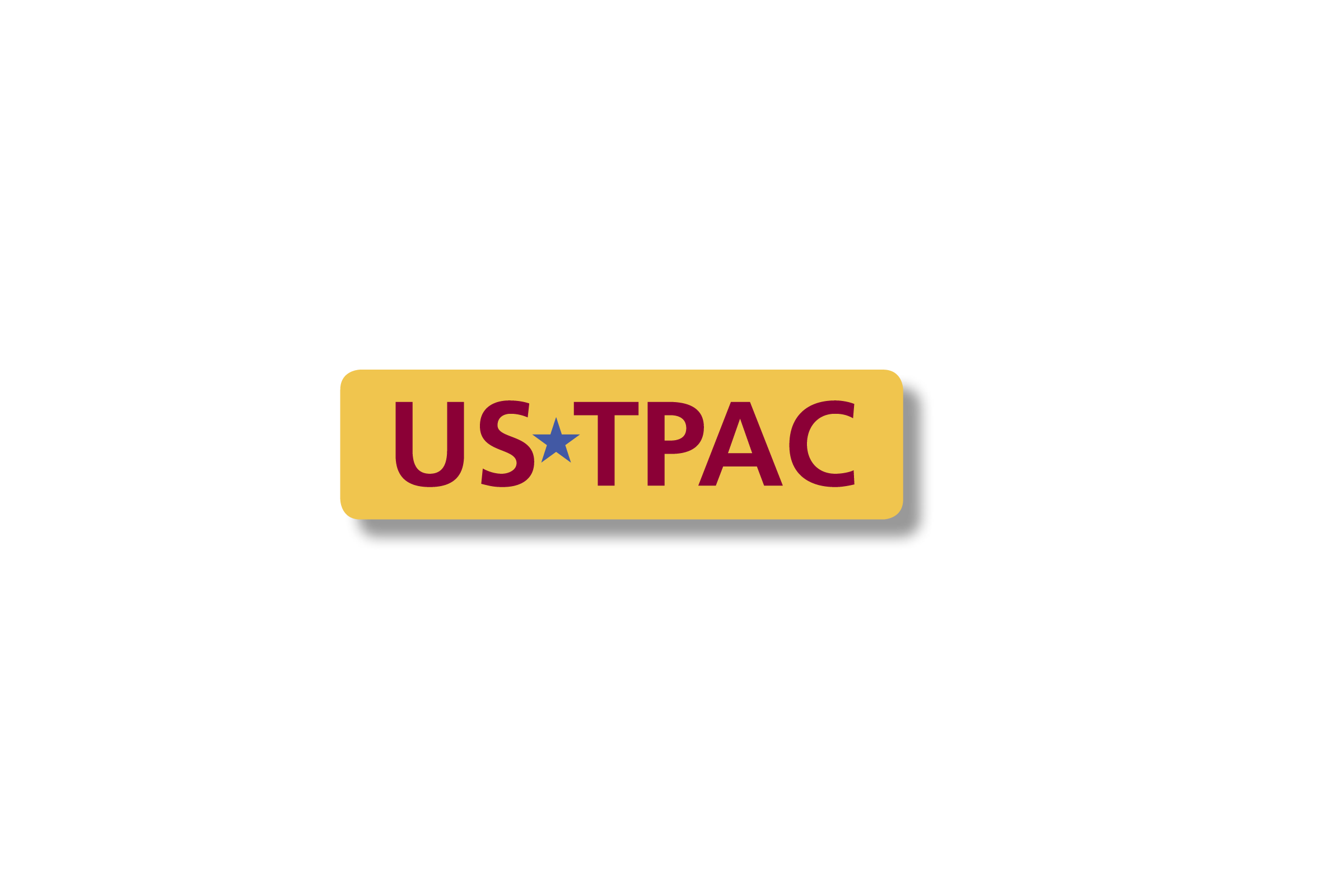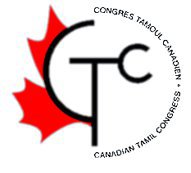 FOR IMMEDIATE RELEASE:
FOR IMMEDIATE RELEASE:
Human Rights Council Adopts Landmark Resolution on Sri Lanka
USTPAC calls for speedy implementation of transitional justice mechanism
Washington, DC – (October 2, 2015): The UN Human Rights Council adopted a resolution on Reconciliation, Accountability and Human Rights in Sri Lanka yesterday. With the Report of the OHCHR Investigation on Sri Lanka (OISL), the Report of the High Commissioner and the Resolution in hand, stakeholders must collectively turn their focus toward full implementation of the respective recommendations and provisions.
“Together, the Resolution and UN reports provide a way forward for Sri Lanka to genuinely seek truth, justice and reconciliation following the mass atrocities and crimes against humanity committed before, during and after the war,” said Dr. Karunyan Arulanantham, President of the United States Tamil Political Action Council (USTPAC). “USTPAC especially welcomes the Human Rights Council’s endorsement to establish a credible judicial mechanism fully capable of prosecuting those most responsible for the magnitude of crimes depicted in the OISL Report.”
“USTPAC joins in victims’ continuous and unequivocal calls for a strong international role in all transitional justice mechanisms. This includes appointing a majority of foreign judges, lawyers, prosecutors and investigators to the justice mechanism as well as robust material, technical and financial assistance from UN entities and Member States. Immediate establishment of an in-country OHCHR office, as recommended by the High Commissioner, would significantly allay victims’ doubts of fair process and fears of reprisals while providing the government practical expertise.”
Dr. Karunyan continued, “USTPAC calls on the government to follow the resolution’s adoption with participatory consultations among all of Sri Lanka’s communities, especially the predominantly Tamil victims. Immediate confidence-building measures are also necessary. These include repeal of the odious Prevention of Terrorism Act, a review and strengthening of the Witness and Victim Protection Act and the urgent demilitarization of the North and East. Sri Lanka should also seize this opportunity to work towards a political solution that guarantees non-recurrence, with the help of the United States and India.”
“USTPAC thanks the United States for standing by the Tamil victims and bringing successive resolutions in the Human Rights Council leading to the OISL report and this consensus resolution, all advancing human rights in Sri Lanka. Likewise, we express our gratitude to the United Kingdom, Montenegro, Macedonia and European states for their leadership in strengthening the resolution. USTPAC remains dedicated to working with all stakeholders inside and outside Sri Lanka to usher in a new period in the country’s history.”
Notes to Editors
The report of the OHCHR Investigation on Sri Lanka follows multiple UN reports recounting the circumstances of the war, the atrocities committed, and ongoing rights violations in the war’s aftermath. The foremost reports include the Report of the Secretary-General’s Panel of Experts on Accountability in Sri Lanka (2011) and the Report of the Internal Review Panel on United Nations actions in Sri Lanka (2012). These reports concluded that 40 – 70,000 Tamil civilians were killed by mostly government troops in the final months of the war, and both sides are accused of committing war crimes and crimes against humanity.
——————
 For Immediate Release
For Immediate ReleaseOctober 1, 2015.
The Canadian Tamil Congress welcomes the passage of today’s historic resolution on Sri Lanka (A/HRC/30/L.29) at the United Nations Human Rights Council.
Geneva, Switzerland – This consensus resolution provides an opportunity to begin real progress on accountability, reconciliation and devolution of power in Sri Lanka. We are grateful to the initial co-sponsors of this resolution, and all the ones leading up to it, for engaging with Tamil elected representatives and civil society groups, the diaspora and international NGOs throughout the process. We also commend the Tamil National Alliance for their input in arriving at this juncture and for standing firm on the necessity of including language on meaningful international participation and oversight in the resolution. Finally, we extend our gratitude to Canada for co-sponsoring the resolution and being an active participant during the process.
“This is a historic day for justice and reconciliation for Tamils in Sri Lanka, and one towards which the Canadian Tamil Congress has been working hard for the past six years,” stated Raj Thavaratnasingham, President of the Canadian Tamil Congress (CTC), from Geneva. Members of CTC’s human rights team were present throughout the session—a continuation of our advocacy work over the last six years.
While CTC acknowledges that this resolution is an important step in the right direction, we know there remains significant work to be done to ensure that the ensuing processes earn the trust and support of Tamil victims and war-affected communities. We urge the government of Sri Lanka to uphold the spirit of the resolution and its commitment to the international community by ensuring the grievances of the Tamil people are addressed right from the get go.
To start, as clearly recommended by the report of Office of the High Commissioner for Human Rights, any credible accountability mechanism must include international judges, defense lawyers, prosecutors and investigators, highlighted in operative paragraph 6 of the resolution. In addition, while we note Sri Lanka’s commitment to engage in broad national consultations with the inclusion of victims and civil society, we emphasize that to safeguard the credibility of the process and achieve true accountability, consultations must be extended to the large number of victims outside of Sri Lanka, many of whom provided testimony to the High Commissioner’s investigation. Diaspora groups generally should also be engaged in the process and to this end, we reiterate our strong demand for the repeal of the Prevention of Terrorism Act, a de-listing of Tamil diaspora organizations and a review and strengthening of the Victims and Witness Protection Act, as called for in the High Commissioner’s report.
Additionally, we encourage the Sri Lankan government to uphold its promise to find a sustainable political solution that meaningfully devolves political authority to the Tamil people in consultation with Tamil political parties and civil society. These processes should result in the adoption of a new fairly developed constitution, as promised by the Sri Lankan Foreign Minister in his address to the Council.
At this historic juncture, it is imperative that the international community maintain oversight of and pressure on Sri Lanka to ensure that this resolution does not lead to yet another failed accountability and reconciliation process. As a diaspora organization that has at heart the best interests of Tamil people in and outside of Sri Lanka, CTC will continue to call for full implementation of the recommendations of the OISL Report and advocate for the interests of the Tamil people in the implementation of this resolution. At the end of six long years of work at the UN Human Rights Council, we are optimistic to be at the beginning of a new, if not difficult, road for the Tamil people in Sri Lanka.
 For Immediate Release
For Immediate Release